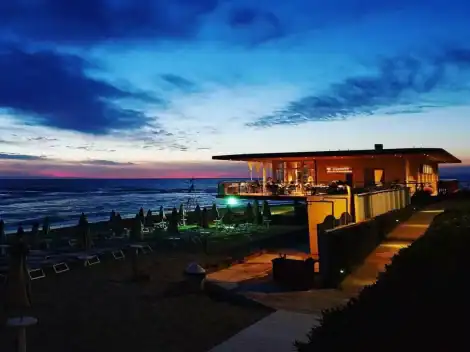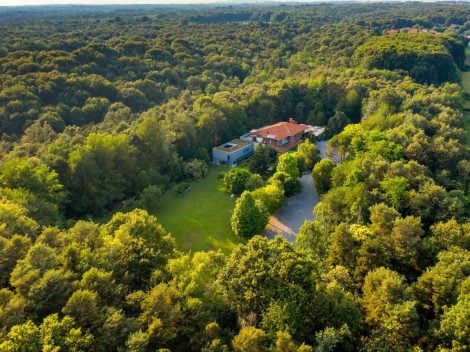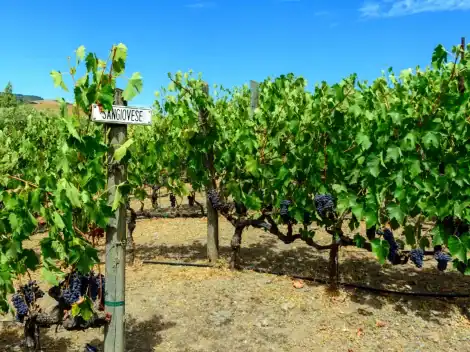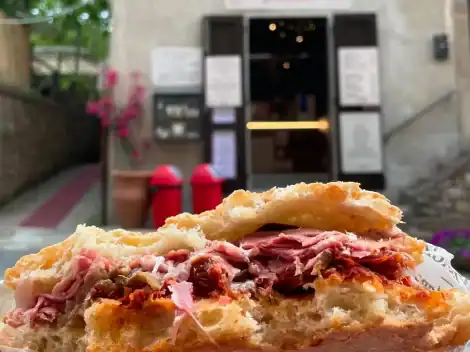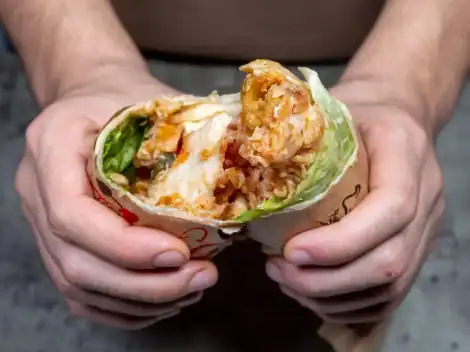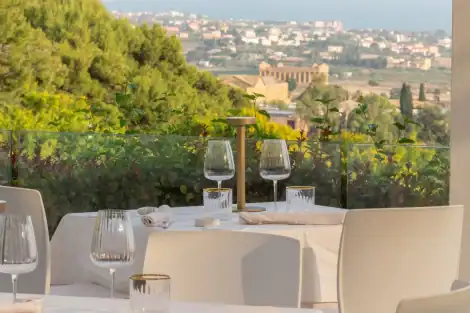The characteristic golden arches - a pop icon born from the stylisation of the letter M that foreshadows the planetary success of the fast food chain launched by Ray Croc - still stands atop the former fast food restaurant in Saint Barthélemy, a popular district in the northern quadrant of Marseille. And it is the trace of a recent past, made up of cheeseburgers and Happy Meals, best sellers in the countless McDonald's stores around France. Today, however, the complete sign reads "L'Apres M", to include everything that will come after McDonald's. At the end of 2019, the court sanctioned the bankruptcy settlement of the company that owned the store franchise, leaving over 50 employees without a job. In recent months, despite the pandemic, a collective that brings together former employees, residents of the neighborhood and service sector associations has worked to obtain the usufruct of premises otherwise destined for abandonment, thus setting up a social project destined to have a positive impact on the fate of an area of Marseille where poverty rate exceeds 40% and has worsened further in the current health situation.
Solidarity fast food
So where until recently there was a fast food, recently a solidarity dining centre brings together a food bank, canteen and training space aimed at the professional integration of disadvantaged people. The distribution of food parcels, starting from the sorting centre set up within the building, started a few months ago, during the first spring lockdown. But in recent days the popular fast food has also started the a dining service (for now only take-away, in compliance with the restrictions imposed by the long lockdown, which in France will last at least until January 20th), proposing the first menus based on organic or vegan burgers, designed with the support of local restaurateurs and producers, who have provided their help and ingredients free of charge. The leader of the project, which aims not only to offer a place for social gathering in the neighbourhood but also to improve the nutrition of those who can hardly afford to buy healthy and quality food, is, not surprisingly, former European parliament member José Bové, activist, trade unionist and exponent of the no-global movement. Ironically "conquering" a symbolic place of mass consumption globalization and turning it into a hub satisfying the needs of the local reality and devoted to the democratization of food and food sovereignty (Bové himself was in the past a representative of the French peasants, founder of the agricultural union Confederation Paysanne, and personally a sheep farmer and producer of Roquefort cheese. With his Confederation, in 1999, he partook in the dismantling of a McDonald's branch under construction in Millau, to react to U.S. import restrictions on Roquefort). "This space will become a symbol of how a place dedicated to selling junk food can turn into a place of solidarity," Bové explained at the inauguration of L'Apres M, "If it happened here, it can happen anywhere."
Healthy and good food for all
For this reason the activist raises with a provocative proposal, asking McDonald's France to sell the restaurant in Saint Barthélemy - still owned by him - for a symbolic amount (1 euro) to encourage the survival of this social fast food project also supported by the public institutions. In the meantime, the neighbourhood collective that made the opening of the first Apres McDo centre possible has become a cooperative society of collective interest: all revenues and donations will be reinvested in the growth of the social project. The selling prices of the dishes have been established on the basis of the economic possibilities of the neighbourhood residents and will guarantee the the opportunity to buy good food at a reasonable cost (one of the most famous models of solidarity fast food comes from California thanks to Daniel Patterson, who with Roy Choi founded Locol in 2016, an adventure that lasted two years, before turning out to be unsustainable), while the training courses will offer to many the opportunity to redeem themselves and access the professional world.
by Livia Montagnoli

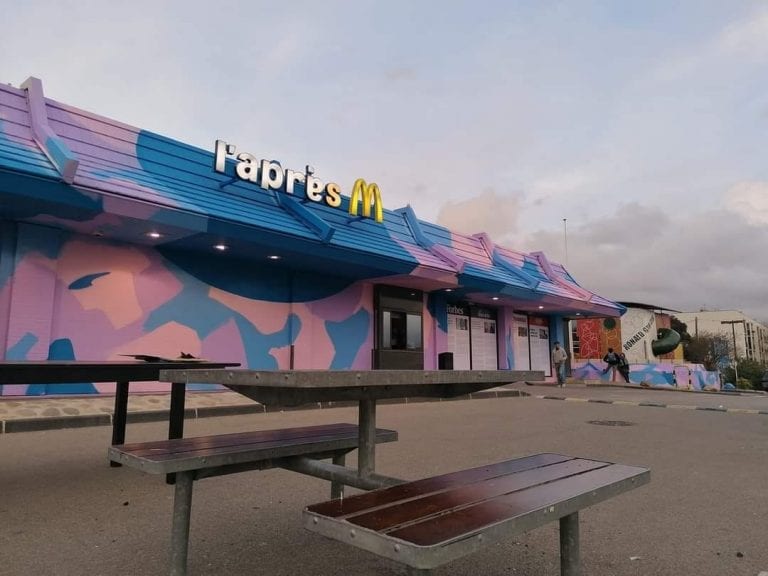
 “In Chianti, warehouses are full and prices are falling”. The economic crisis of Tuscan wine explained by Giovanni Busi
“In Chianti, warehouses are full and prices are falling”. The economic crisis of Tuscan wine explained by Giovanni Busi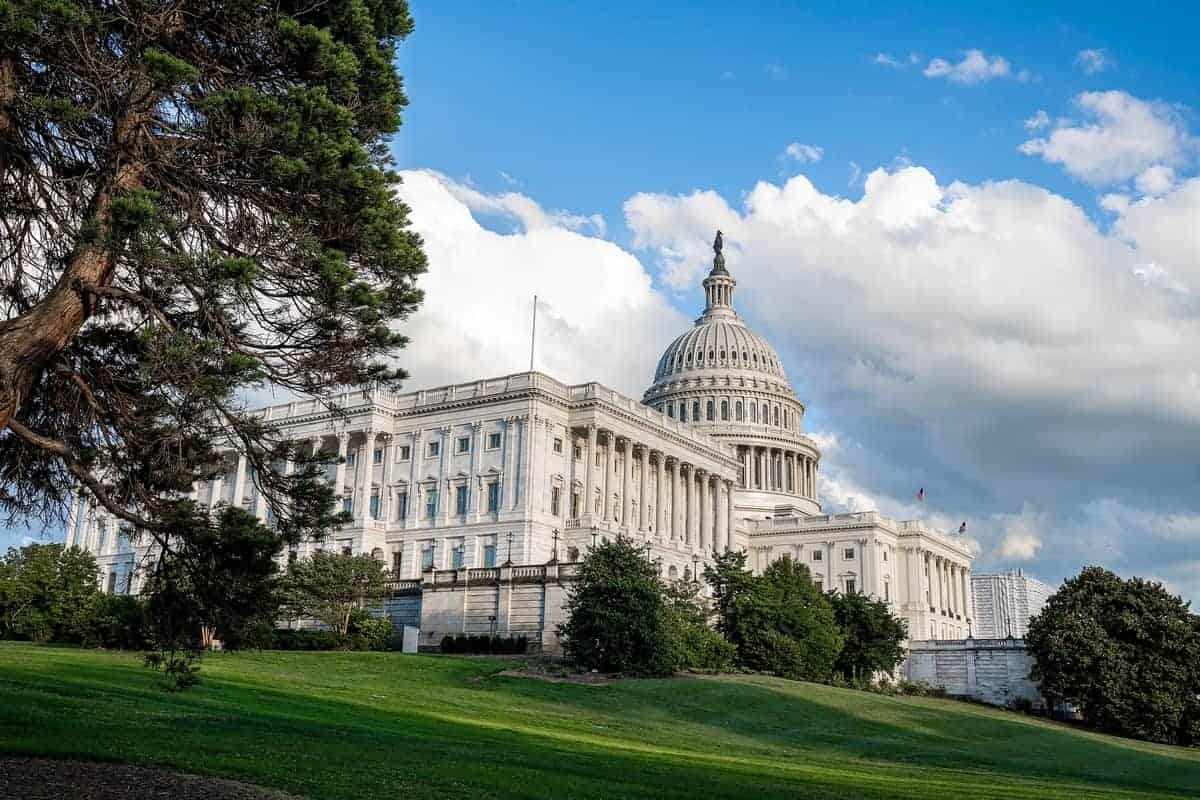 US tariffs will take effect on 1 August for everyone (including wine). Prosecco DOC: “it’s impossible to plan for the future
US tariffs will take effect on 1 August for everyone (including wine). Prosecco DOC: “it’s impossible to plan for the future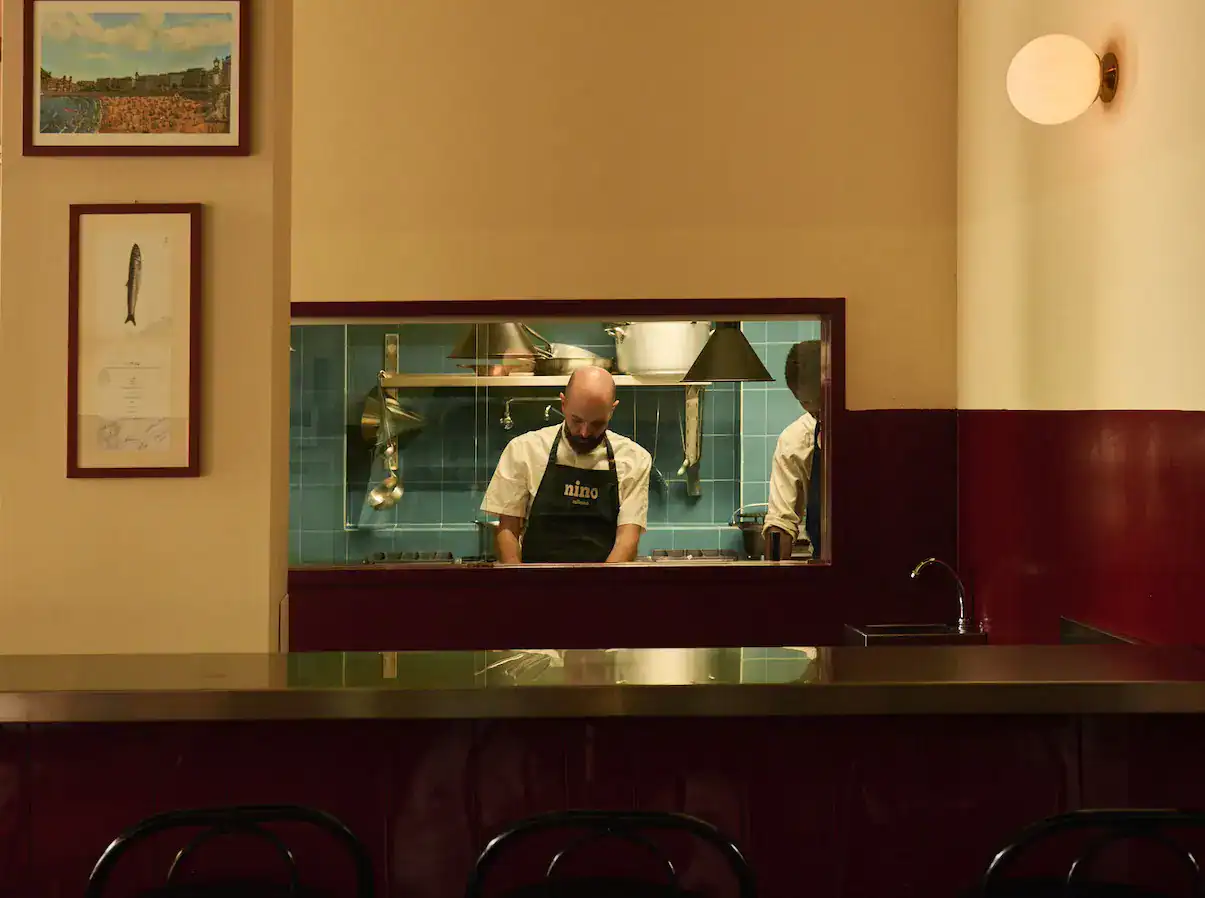 Diego Rossi of Trippa opens a new osteria: what you can eat at Nino Osteria con Cucina in Milan
Diego Rossi of Trippa opens a new osteria: what you can eat at Nino Osteria con Cucina in Milan How you eat at Sentiero, the restaurant Elba Island was missing
How you eat at Sentiero, the restaurant Elba Island was missing
